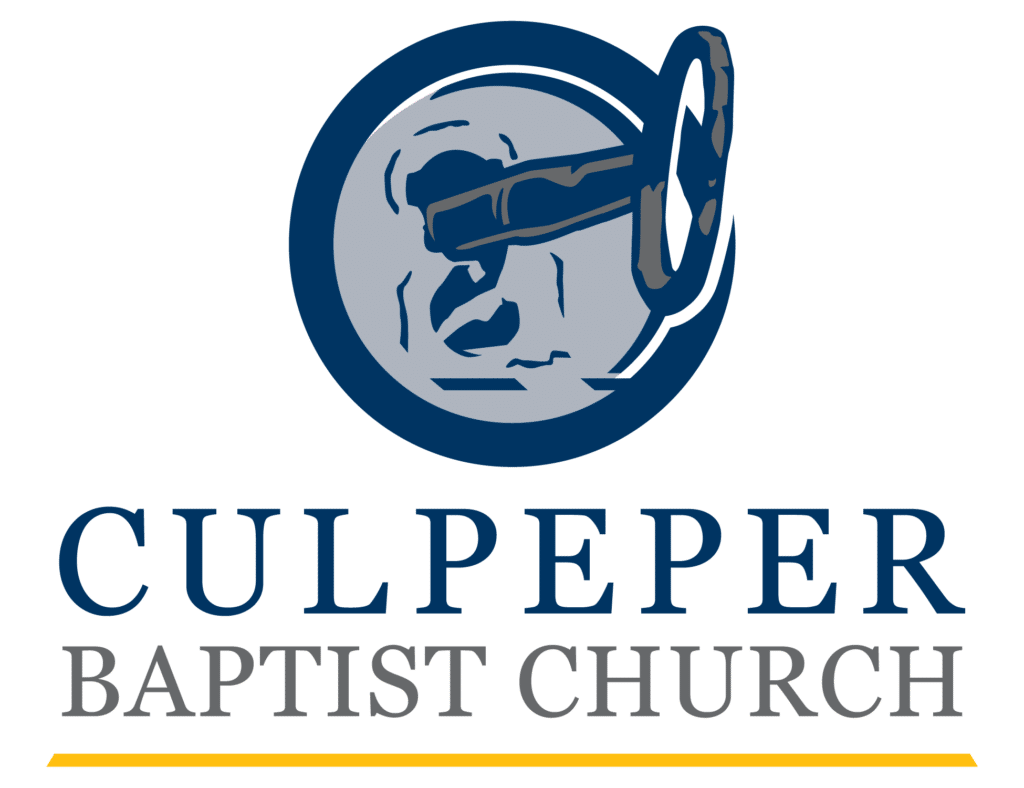The (Not So) Ordinary Work of the Holy Spirit
Before We Gather by Zach Hicks
| Scripture
Read Romans 8:15-18
| Devotion
Where can we anticipate the working of the Holy Spirit in our worship services? We often look for ecstatic or euphoric moments as places where the Spirit moves–and they are. We often look for moments of power when the preacher’s words seem to be on fire as places where the Spirit moves-and they are. But there are other places to be on the lookout for as well.
To explore this, we need to make an important observation that’s often neglected: a worship service is one long prayer session. We sometimes speak of prayer as a part of the worship service, but that’s really limiting the nature of prayer solely to those moments when heads are bowed and eyes are closed. Really, every part of a service is prayer. When we sing, we’re talking to God. When we hear preaching, we’re listening to God talking to us. When we give an offering, we are merely with our bodies acting out this prayer: “Jesus, take all of me.” When we receive communion, we’re hear- ing God say to us, “It’s true. I love you.”
When we recognize that worship is prayer, new fields of Scripture open before us. Passages about prayer become passages about worship too. Take, for instance, that most famous story about prayer when the disciples asked Jesus, “Lord, teach us to pray” (Luke 11:1). Given what we now know, we also recognize that Jesus would be teaching them-and us-how to worship. And then, Jesus gave us the Lord’s Prayer.
We remember Jesus taught us to begin this prayer in a specific way. We begin by addressing God as “our Father.” We realize even with the opening pronoun that we don’t worship alone. We worship with one another because God isn’t just my Father or your Father but our Father. But the epistle to the Romans tells us it’s better than that.
Romans 8 teaches that it is by the Holy Spirit that we call to God the Father. This “Spirit of adoption… by whom we cry, ‘Abba! Father!” (Rom. 8:15) is therefore the enabler of the prayer we pray, the engine of the worship we bring. Worship, therefore, is a Trinitarian enterprise. When we approach “our Father,” we are worshiping him through the Son, by the Spirit.
The encouragement to us today is that though we long for powerful, emotionally overwhelming encounters with the Holy Spirit, we shouldn’t look past the ordinary ways the Spirit promises to meet us. The Spirit can be found every time we call God “Father,” because it’s only by the Spirit we can do so. So when you pray the Lord’s Prayer in worship, or when you sing to God the Father in a worship song, you should recognize that in those moments, it’s ultimately not you praying and worshiping as much as it is you being caught up in the Spirit’s speaking, the Spirit’s singing, the Spirit’s work of worship.
This is especially good news to those of us who are going through a dry season, when God seems distant and out of reach. We have an opportunity here to take God at his Word, that even though we sometimes can’t feel him, he is nevertheless there in all our “our Father”-ing. Perhaps then we can go to prayer in preparation for worship not only anticipating the surprising and overwhelming ways the Spirit might be among us but also ask- ing God to open up all our senses to see, hear, feel, and know the Spirit’s presence in the midst of our calling, addressing, and pray- ing to God the Father.
| Prayer
Aim your prayers in this direction:
- Pray that God would open up your “spiritual senses” to
recognize the presence of the Spirit as you worship and pray to “our Father.” - Pray especially for sisters and brothers who are going through a dry season in their faith. Ask the Spirit to offer a fresh visitation of his presence.
- End the prayer time by praying together the Lord’s Prayer.



